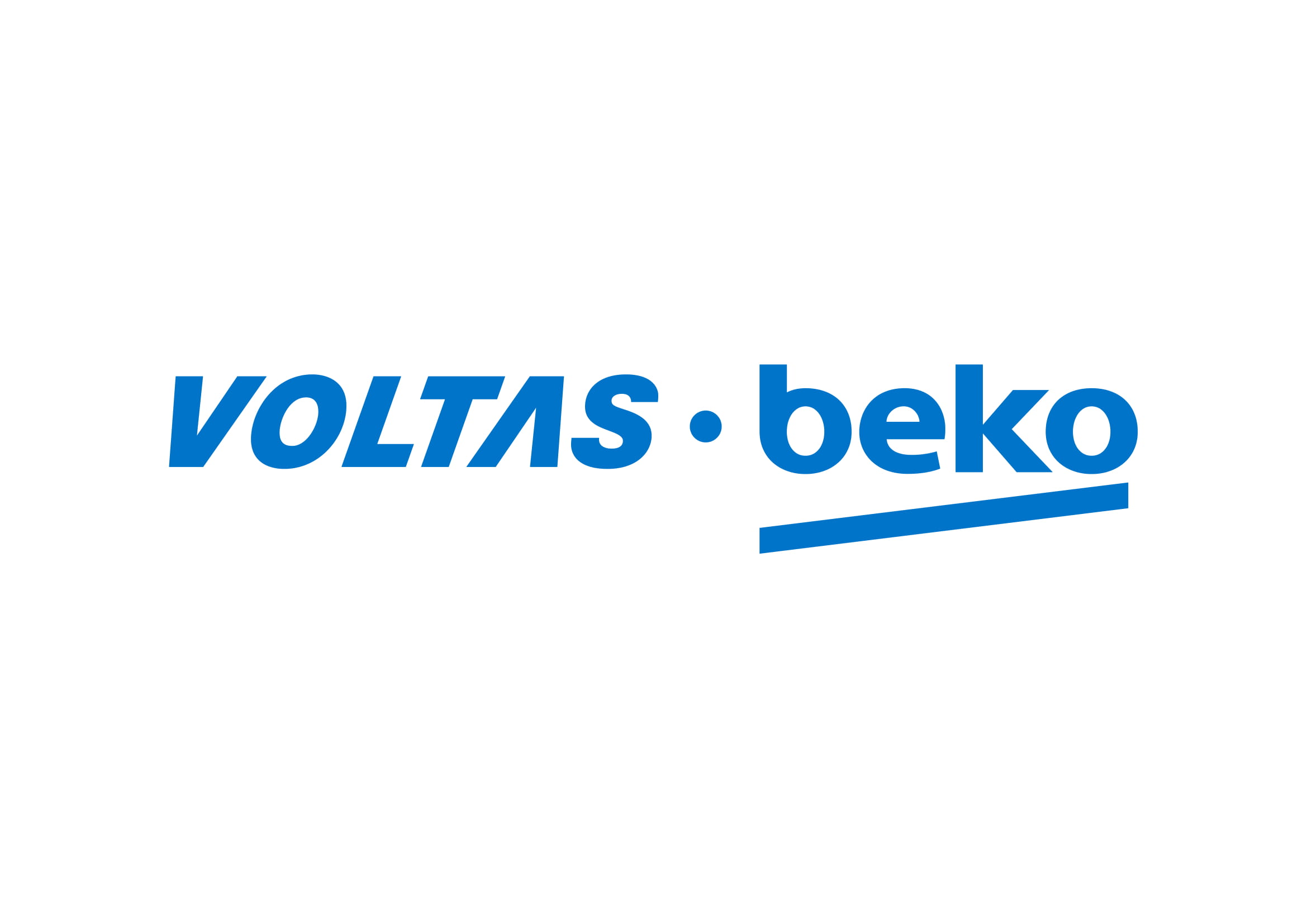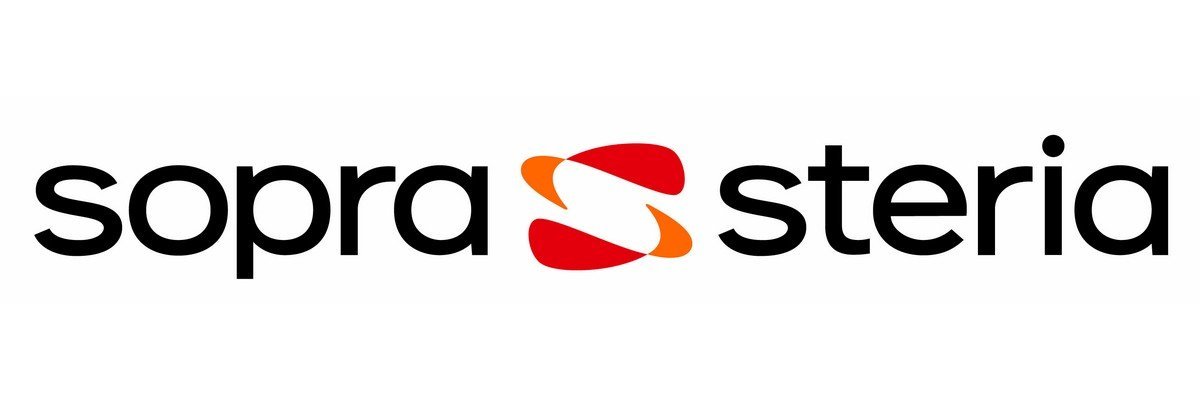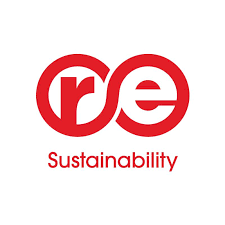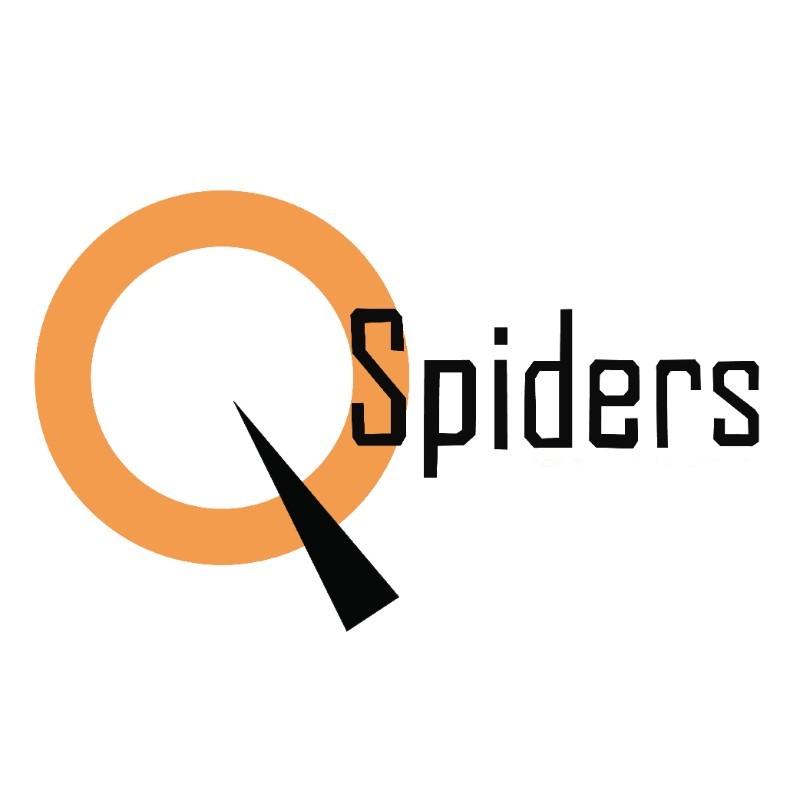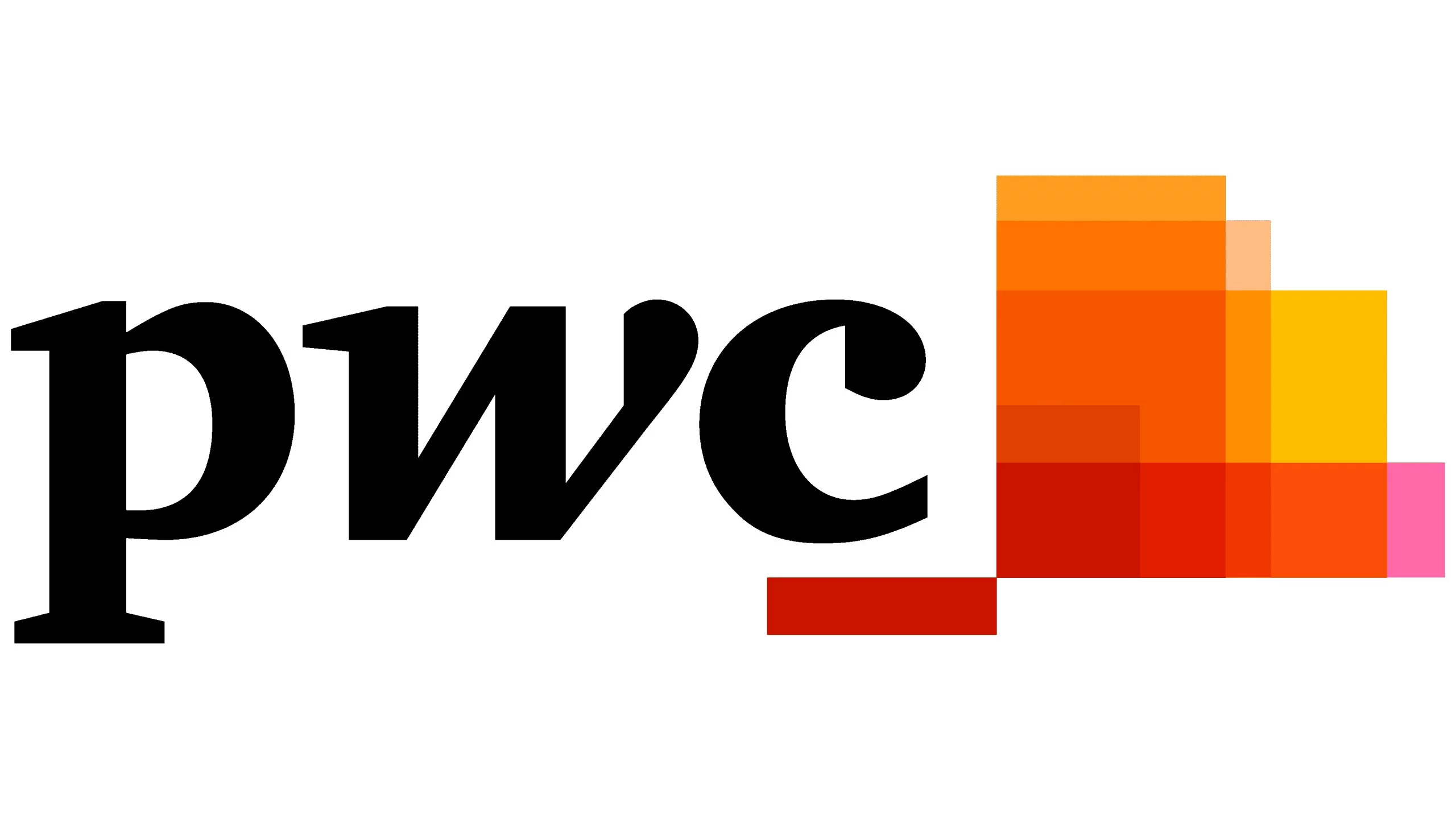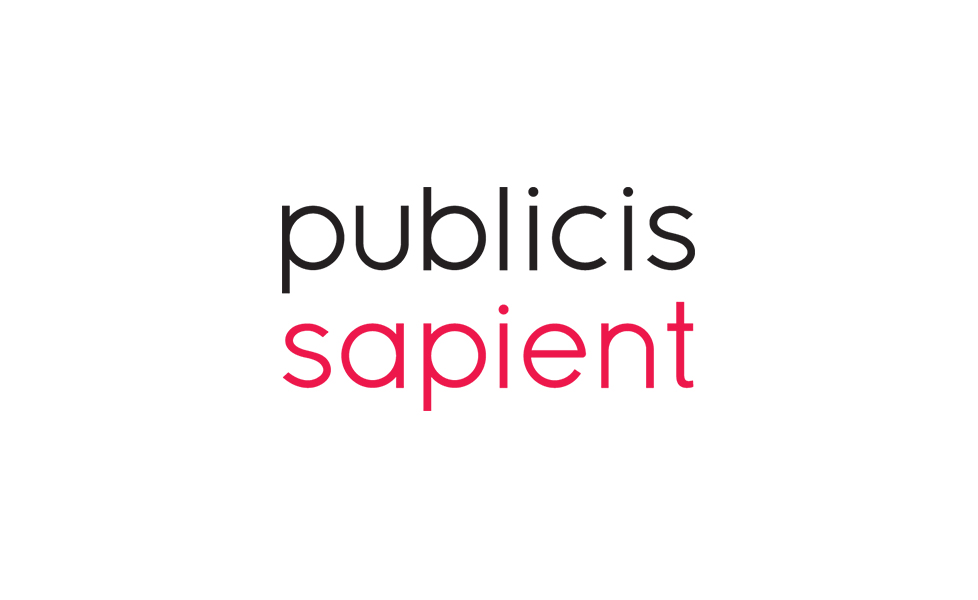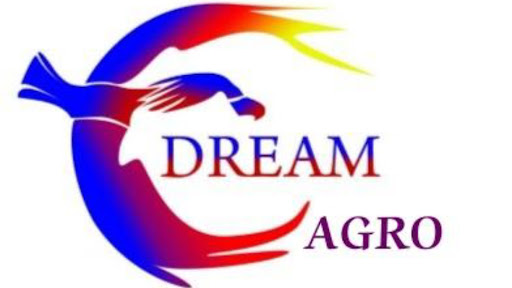Overview
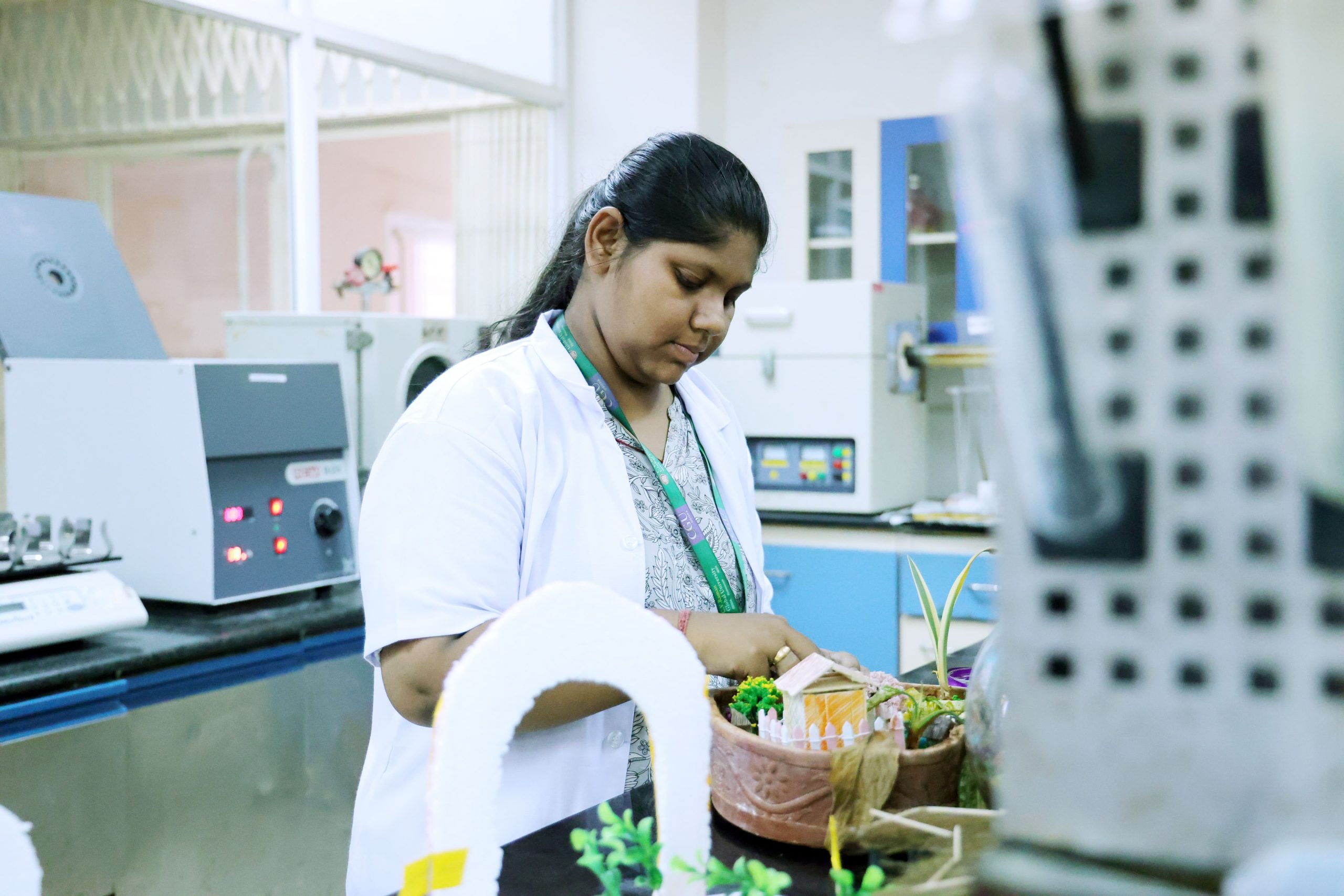
Program Educational Objectives (peo’s)
PEO1
Acquire sound knowledge and practical expertise related to widespread disciplines of plant science.PEO2
Identify the interdisciplinary approach of plant science along with the application of genetic engineering, microbiology, bio stats, bioinformatics, and other life science disciplines in plant studies.PEO3
Depict technical skills to design experimental protocols and analyse data along with inculcation of ability to work in a teamPEO4
Recognize the scope and potential of plant science to address issues associated with environment and biodiversity conservation, industries, health, and societyPEO5
Acquire eligibility to appear in competitive examinations and exhibit skills to pursue a carrier in research, industries including government and private organizations
Program Outcomes (PO’s)
PO1
Know about different types of lower & higher plants, their evolution from algae to angiosperm & also their economic and ecological importance.PO2
Understand cell organelles & their functions through Cell biology & chemical properties of nucleic acid and their role in living systems through Molecular Biology.PO3
Learn laws of inheritance, various genetic interactions, chromosomal abrasions, multiple alleles, and structural changes in chromosomes.PO4
Differentiate morphological & reproductive characteristics of plants and identify different plant families and classifications.PO5
Apply the knowledge of the economic importance of various plant products & artificial methods of plant propagation.PO6
Use modern Botanical techniques and advanced equipment.PO7
Gain a sound understanding on professional ethics, leadership, and consensus- building skills relevant to botany aspects of business enterprise.
SYLLABUS
Semester - 1
| Sl No. | Paper Code | Paper Name | Credit |
|---|---|---|---|
| 1 | BOT 101 | Cell and Molecular Biology | 4 |
| 2 | BOT 102 | Genetics and Cytogenetics | 4 |
| 3 | BOT 103 | Biochemistry | 4 |
| 4 | BOT 104 | Microbiology | 4 |
| 5 | BOT 105(P) | Practical (BOT 101 & 102) | 2 |
| 6 | BOT 106 (P) | Practical (BOT 103 & 104) | 2 |
| TOTAL | 20 |
Semester - 2
| Sl No. | Paper Code | Paper Name | Credit |
|---|---|---|---|
| 1 | BOT 201 | Plant Physiology and Reproductive Biology | 4 |
| 2 | BOT 202 | Developmental biology and anatomy | 4 |
| 3 | BOT 203 | Recombinant DNA Technology and Proteomics | 4 |
| 4 | BOT 204 | Paleobotany and Palynology | 4 |
| 5 | BOT 205(P) | Practical (BOT 201,202,203 & 204) | 3 |
| 6 | BOT 206(E) | Communication skill and Personality Development | 3 |
| TOTAL | 22 |
Semester - 3
| Sl No. | Paper Code | Paper Name | Credit |
|---|---|---|---|
| 1 | BOT 301 | Systematics, Evolution, and Environmental Science | 4 |
| 2 | BOT 302 | Plant Pathology | 4 |
| 3 | BOT 303 | Plant Biotechnology and Resource Utilization | 4 |
| 4 | BOT 304 | Bioinformatics, Computational Biology, and Biostatistics | 4 |
| 5 | BOT 305 (E) | Skill development elective: Entrepreneurship Development and Business Communication | 3 |
| 6 | BOT 306 | Project-1 | 3 |
| TOTAL | 22 |
Semester - 4
| Sl No. | Paper Code | Paper Name | Credit |
|---|---|---|---|
| 1 | BOT 401 | Project II | 12 |
| TOTAL | 12 |
Laboratories
Eligibility Criteria
M.Sc.
| M.Sc. | Passed bachelor degree (with Hons.) in the relevant field with at least 60% marks in aggregate. Candidates applying for M.Sc in Biotechnology must have passed graduation with honours in Biotechnology, Botany or Zoology with 60% marks in aggregate. |
|---|
Brand Association
Career path you can choose after the course
This course opens the door to many possible careers.
Horticulturist
Environmental Consultant
Plant Pathologist
Agronomist
Research Scientist
Biotechnologist





